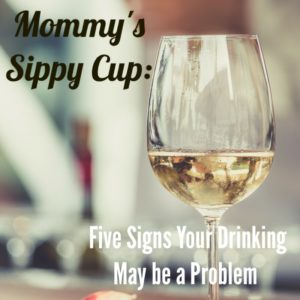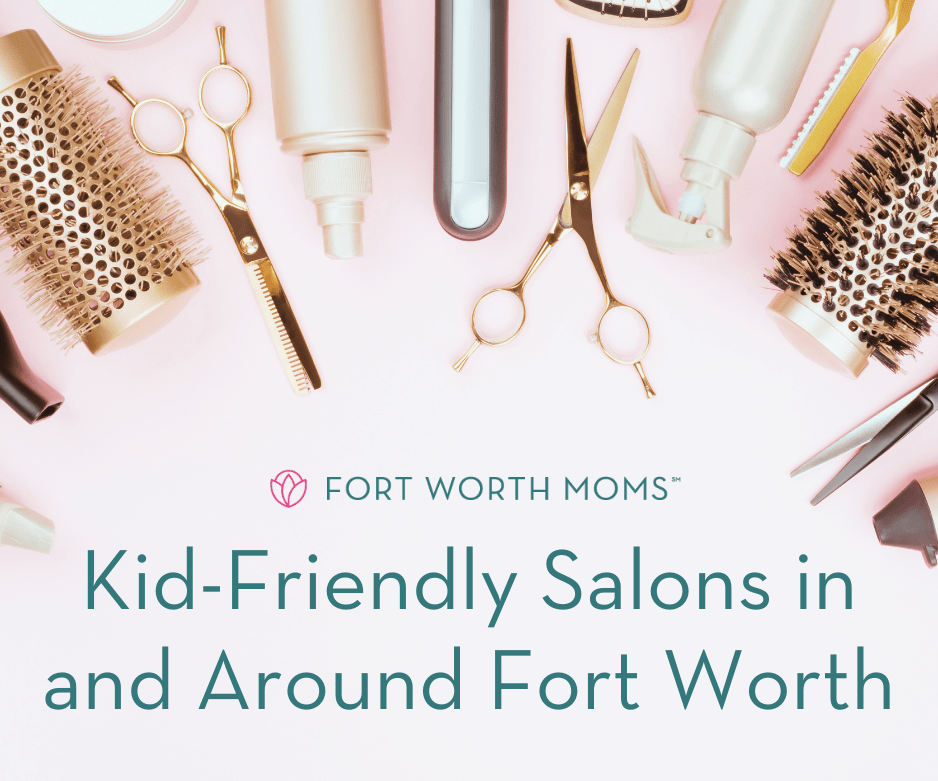Don’t get me wrong, I enjoy a good motherhood wine meme as much as the next mama. Have you seen the one that says, “I want my kids to be good at math, but not so good that they can count how many glasses of wine I’ve had.” Ha! And, after putting my toddler’s shoes back on for the 57th time in one day, I have certainly told my husband in no uncertain terms, “I need a drink!” At the same time, there’s a little nagging part of me that wonders how the “Mommy’s Sippy Cup” culture around alcohol may be masking what, for some, is a genuine drinking problem.
And that’s just the trouble: In our booze-soaked culture, how do you really know if your chardonnay nightcap after a long day of momming is becoming a problem?
 Here are a five RED FLAGS from the perspective of a psychologist (and mom) who specializes in the assessment and treatment of substance use disorders:
Here are a five RED FLAGS from the perspective of a psychologist (and mom) who specializes in the assessment and treatment of substance use disorders:
1. Alcohol has become your “go-to” coping mechanism. There’s a lot of reasons we choose to drink, one of which is that alcohol can have a calming effect on our bodies and minds. I often tell my patients, alcohol really works when it comes to stress relief . . . temporarily. I would even recommend it if it weren’t for all its pesky side effects! And there are many pesky, and sometimes devastating, side effects. Where many people find themselves sliding down a slippery slope is when alcohol becomes a regular and primary way of coping with the stresses of the day, instead of an occasional way to unwind or have fun with friends. There are many other great ways of coping with stress which have few, if any, downsides: exercise, talking with a friend or spouse, listening to music, crafting, baking, gardening, journaling, etc. We want these to be our “go-to” coping strategies, with an occasional splash of merlot for fun or during a girls night.
2. You crave it. Now I’m not talking about the time-to-time craving you might have for say, a margarita (guilty!). I’m referring to the powerful feeling of want and anticipation that can begin to occupy more and more space in your mind. If you notice that throughout the day you have thoughts like, “I can’t wait until the kids go to bed so I can have some wine,” or you begin changing your routine in order to access a drink more quickly or readily (e.g. putting the kids to bed early because you want a drink, going out of your way to buy alcohol so that you won’t run out), it’s time to take a look at your alcohol use. This type of craving is one of the strongest predictors that a person may develop an alcohol problem.
3. You hide your drinking from loved ones. There’s a saying in Alcoholics Anonymous (AA), “Secrets keep us sick.” I would argue that secrets can also make us sick . . . with guilt and shame. Many people who develop alcohol problems start out by using alcohol to help them cope with stress or difficult emotions and then feel ashamed that they are using alcohol to cope, which leads to more drinking, and on and on in a downward spiral. If you feel the urge to hide your drinking, it’s likely because you already sense on some level that it’s becoming a problem.
4. Alcohol has interfered with important relationships. This can take many forms in the life of a mom. You may have avoided an event with friends because you’d rather stay home with a glass of wine. You may have stayed in bed all morning nursing a hangover headache instead of playing dinosaurs with your kids. However it presents, when your relationship with alcohol has taken precedence (even in small and subtle ways like these) over your relationships with the people in your life, it’s time to take a closer look.
5. Your loved ones express concern. Often times, those close to us can spot a problem even before we can. So, if your spouse has mentioned, “Hey honey, maybe you should slow down with that glass.” Or your toddler starts calling your glass of Riesling “mommy’s juice,” these observations are valuable.
Soooo . . . now I’m concerned. What do I do?
If this list rings true for you, know that there’s help out there and that having concerns about your alcohol use doesn’t make you a bad mom! Unless, of course, you’re the kind of fun, Mila Kunis type bad mom that brings convenience store powdered donuts to Christina Applegate’s bake sale. Having the bravery to look at yourself objectively, identify possible areas for change, and seeking help makes you nothing less than an incredible mom.
We all have our challenges. For some, alcohol becomes one of those challenges. If you are worried about your alcohol use, talk to your loved ones. Talk to your doctor. Call your insurance company and see what type of coverage you have for counseling or substance abuse treatment. Get help. The earlier you intervene, the better. You can do this. You can do anything. You’re a mom!














This article could have been more in-depth. As a mother and a recovering alcoholic I believe women compare themselves to others. Just because Sue can have 2 bottles of wine and get up for work the next day doesn’t mean it’s not a problem. Women can juggle many task . Including being a functioning alcoholic. I think missing an event because you are hung over is a major red flag. Driving even the slightest while tipsy is a red flag. If I read this article as a drinker I would justify every read flag. This was a sugar coated article.
Hi Bridgette- thanks for your feedback! Your insight is valuable and appreciated.
The article was not intended to be an in-depth guide to self-diagnosing alcoholism, but rather a basic screening tool that moms might use to assess whether or not they may want to seek more information and assistance with their drinking. The information I shared was based on the current research literature and 12 years of working in addictions treatment with thousands of people with substance use disorders. Women certainly do tend to compare themselves and, when it comes to substance abuse, comparisons are not particularly helpful. That’s why I mentioned that one of the best predictors of developing a problem is craving, which does not depend on the amount one drinks or even whether or not alcohol impairs one’s functioning. You’re right that when alcohol interferes with missing major events or personal safety, it’s a red flag. That’s why I mentioned something similar as an example related to when it interferes with relationships. Ultimately, when alcohol interferes with your daily functioning in any way it’s worth seeking help.
You mentioned how a drinker might read this article and justify her alcohol use in spite of the red flags mentioned. Indeed, overcoming rationalization and denial are critical components of getting into Recovery. However, they are most successfully challenged and overcome through an individual supportive relationship with a therapist, 12-step sponsor, or loved one. Rationalization and denial are rarely, if ever, overcome through reading a blog post. The goal of the article was to provide resources for those who may be wondering about their drinking. It’s likely those in strong denial would never even click the link.
Hopefully this helps clarify the intent of the piece, and I hope that you were able to find something helpful or positive within it 🙂 Thanks again for your perspective!